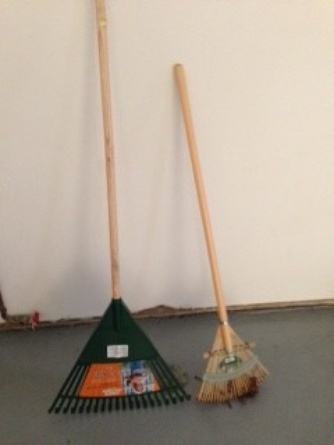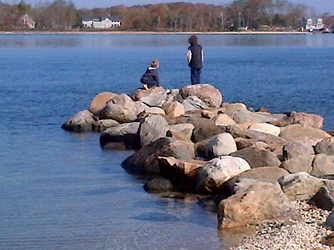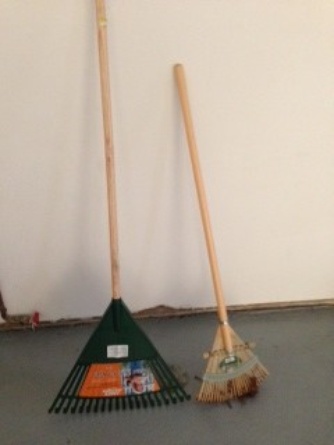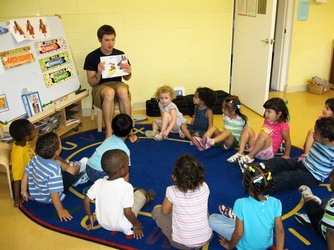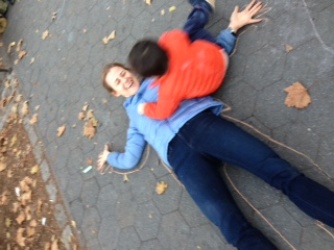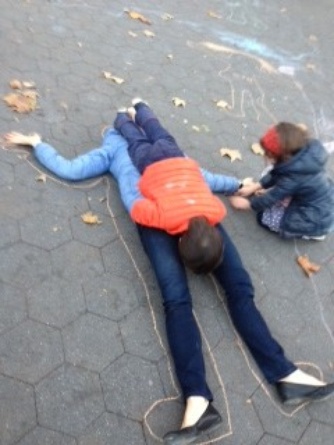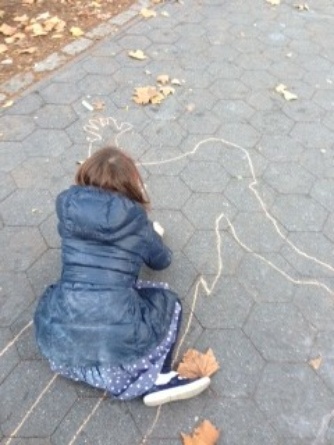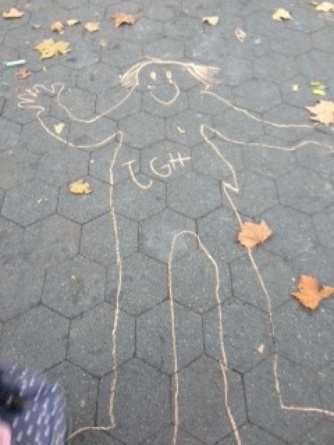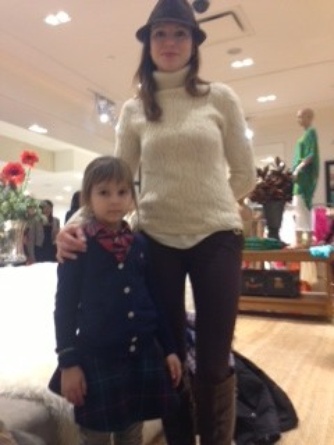"Priceless but Useless" — Children of the Anthropocene
Developmentalist Jean Piaget famously observed that "play is the work of children." But in some places, work is the work of children. And that's not a bad thing.
In her wonderful book Kids: How Biology and Culture Shape the Way We Raise Young Children, anthropologist Meredith Smalls synthesizes and interprets the ethnographic data on childhood, interspersing it with her own personal narrative of being a mother in Ithaca, New York. In the industrialized West, she and other anthropologists note, childhood is a time of minimal responsibility, increased play time and formalized education. We are pretty righteous in our belief that it's the best thing to do and "what children need." A professional caste of childhood experts — developmental psychologists, parenting journalists, pediatricians, educators — reenforces our convictions.
But from a cross-cultural perspective, the way we do childhood is an anomaly. You could even say it's wrong...
Further reading:
Blaffer Hrdy, Sarah (2000) "Mother Nature"
Blurton Jones, NG, Hawkes, Kristen, O'Connell, JF (1999) "Grandmothering and the evolution of homo erectus"
Bogin, Barry (1995) "Evolutionary hypotheses for human childhood," Yearbook of Physical Anthropology 40: 63 - 89.
Hawkes, Kristen (1998) "Hadza children's foraging," Current Anthropology 36: 688 - 700.
Zeller, Anne, (1994) "A role for women in hominid evolution," Man 22: 528 - 57.
